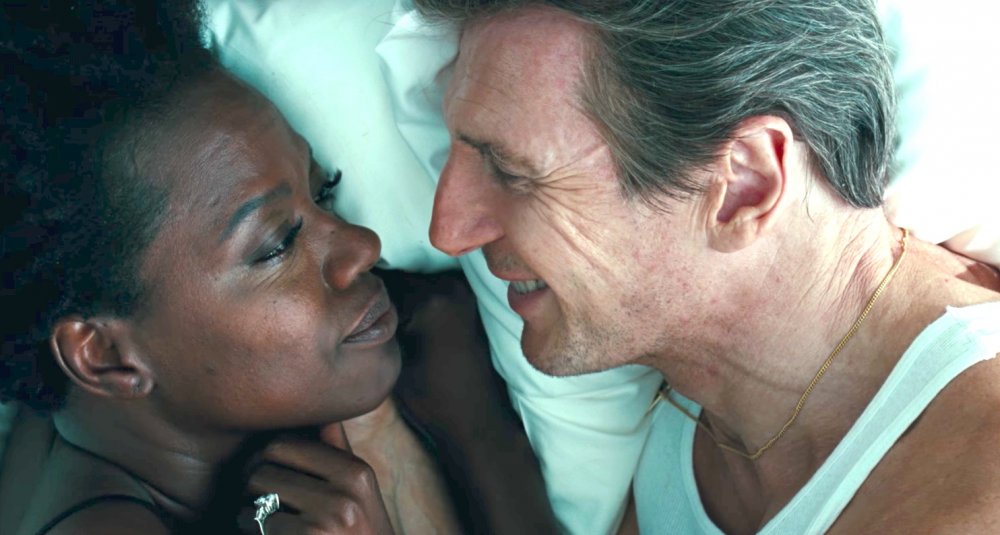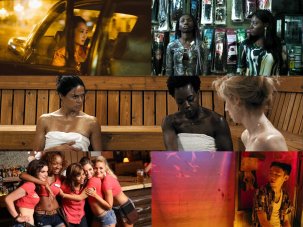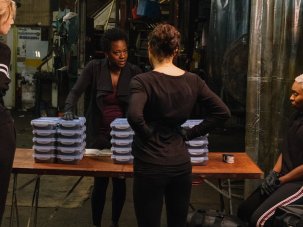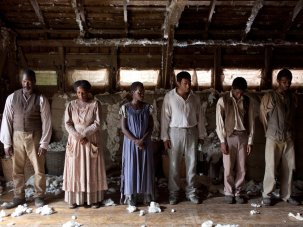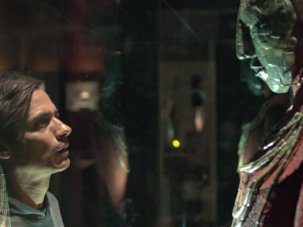Films set in Chicago, from The Front Page to The Untouchables, regularly portray the city as a cesspit of corruption, with criminals and politicians colluding to shake down the little people. Steve McQueen’s Widows, a slick, intelligent heist thriller set in contemporary Chicago, follows this sordid blueprint but updates it a little. A preacher, as deep in the city’s pockets as anyone else, warns his congregation that “ignorance is the new excellence”. Meanwhile, the politicians run scams even on initiatives with such liberal-friendly names as Minority Women-Owned Work – a candidate launches into a paltry cheer of “Can I get an M-wow?”
USA/Luxembourg/United Kingdom 2018
Certificate 15 96 mins approx
Director Steve McQueen
Cast
Veronica Rawlings Viola Davis
Linda Michelle Rodriguez
Alice Elizabeth Debicki
Belle Cynthia Erivo
Jack Mulligan Colin Farrell
Jamal Manning Brian Tyree Henry
Jatemme Daniel Kaluuya
Harry Rawlings Liam Neeson
[2.35:1]
UK release date 6 November 2018
Distributor 20th Century Fox International (UK)
facebook.com/WidowsMovie/
► Trailer
The film has been transferred to Chicago from London, the setting of its source, the 1982 Lynda La Plante ITV miniseries of the same name. Taking that series as their starting point, McQueen and his co-writer, Gone Girl’s Gillian Flynn, have crafted an enjoyably giddy maze of a script. Even in a genre known for the intricacy and twists of its plotting, Widows offers some razzle-dazzle. There’s physical and emotional heft here too – the film opens with the one-two punch of a speeding getaway car exploding in a ball of flame, crosscut with a deep, open-mouthed kiss between husband and wife. This is an adult blockbuster, laser-tooled to excite the audience.
It’s also – though the political and criminal establishment are largely male – a female-led story. Viola Davis stars as Veronica, the heartbroken widow of Harry (Liam Neeson), a violent criminal. When his death leaves her without an income, and with the men he stole from demanding compensation, she mobilises the bereaved wives of her husband’s crew. She’s a total badass, naturally (“We have a lot of work to do,” she barks at an accomplice. “Crying isn’t on the list”), but also convincing as a grieving woman. She wakes up in the morning shocked all over again to discover that the bed is empty. Her sophisticated performance, and the way McQueen’s camera lingers on her soft, trembling face, is one of the most substantial pleasures of this excellent film.
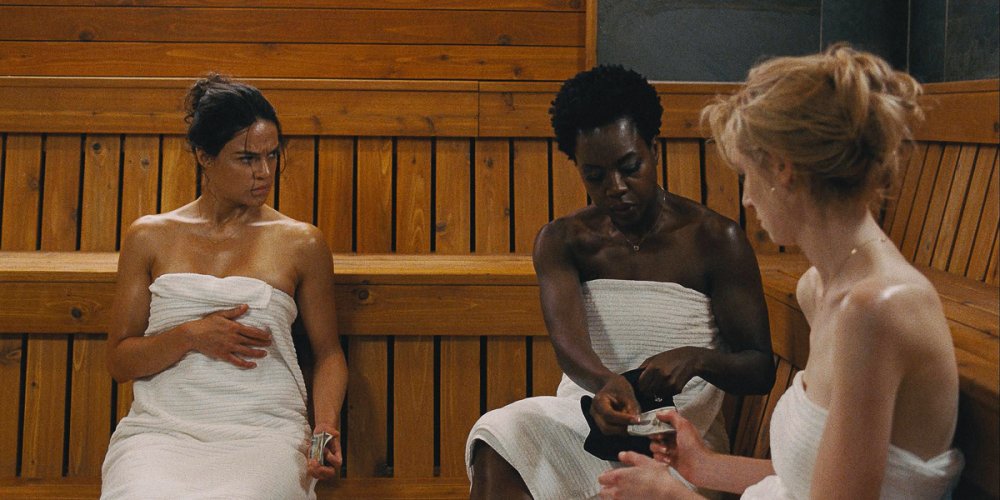
Michelle Rodriguez as Alice with Viola Davis and Elizabeth Debicki as Alice
Veronica leads her crew, Alice (Elizabeth Debicki) and Linda (Michelle Rodriguez), by the hand through their first heist, as she deciphers the notes Harry has left behind for his next job. Their collective naivety as hold-up merchants provides a splash of comedy. The best joke is that, because they are working step by step from incomplete notes, this bumbling crew experience plot reveals of their own. They don’t know who it is they are planning to rob, for one thing, and the dropping of that bombshell is particularly droll. Perhaps ignorance truly is the new excellence: Alice, a former battered wife, reveals hidden resourcefulness despite being written off as a dumb blonde, while Linda makes up for what she lacks in street-smarts with an uncanny knack for instant empathy. Cynthia Erivo’s Belle, a muscular and multi-talented single mother, swells their ranks and boosts their skill set.
While the women are becoming outlaws, the city is preparing for an election, and in the 18th ward, Colin Farrell’s Jack Mulligan, the son of the incumbent, is lording it in the polls over barely reformed gangster Jamal Manning (Brian Tyree Henry). Manning has the greater will to win, though, and a vicious henchman to assist him in the form of his brother Jatemme, played by Daniel Kaluuya as a coiled serpent, perpetually poised to attack, whose violent acts are as casually committed as they are breathtakingly sudden.
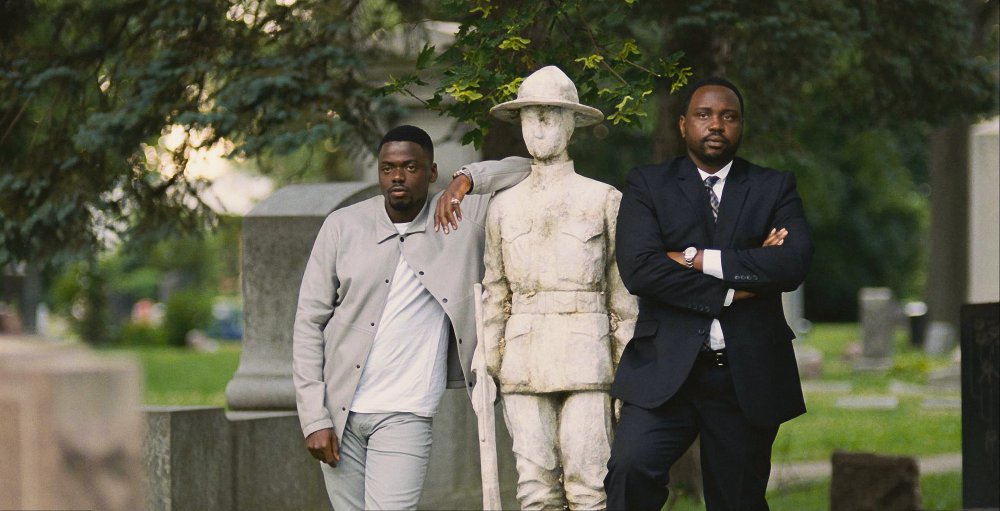
Daniel Kaluuya as Jatemme Manning and Brian Tyree Henry as Jamal
At surface level, Widows apparently has little in common with McQueen’s filmography, though its sleek, grey-toned cinematography recalls the gloomy urban hell of Shame (2012), and there’s no doubting that the legacy poisoning the ward’s race relations, as well as Harry and Veronica’s marriage, can be traced right back to the subject matter of 12 Years a Slave (2014). When Jatemme drapes himself menacingly against a stone soldier in a cemetery, the weight of US history presses down on the present moment. Elsewhere, Manning pointedly reminds Jack, whose father (Robert Duvall) is a vile, n-word-spouting racist, that he doesn’t live in the ward, he just owns a house there. When Jack and his wife argue in their car, McQueen’s camera stays fixed to the bonnet, shooting not the couple inside, but the changing landscape of the city as they drive from the projects, where he has been campaigning, to his own more affluent address.
The conclusion to all this shooting and shenanigans is narratively satisfying but by implication politically hollow. In a flashback to 2008, we have seen a black teenager gunned down by police, yards from a wall papered with Obama posters proclaiming ‘Hope’. But little has changed in Mud City during the local hero’s two terms in the highest office. The only way to get a real ‘M-wow’ is to steal it for yourself from under the city’s nose, with a loaded gun.
In the November 2018 issue of Sight & Sound
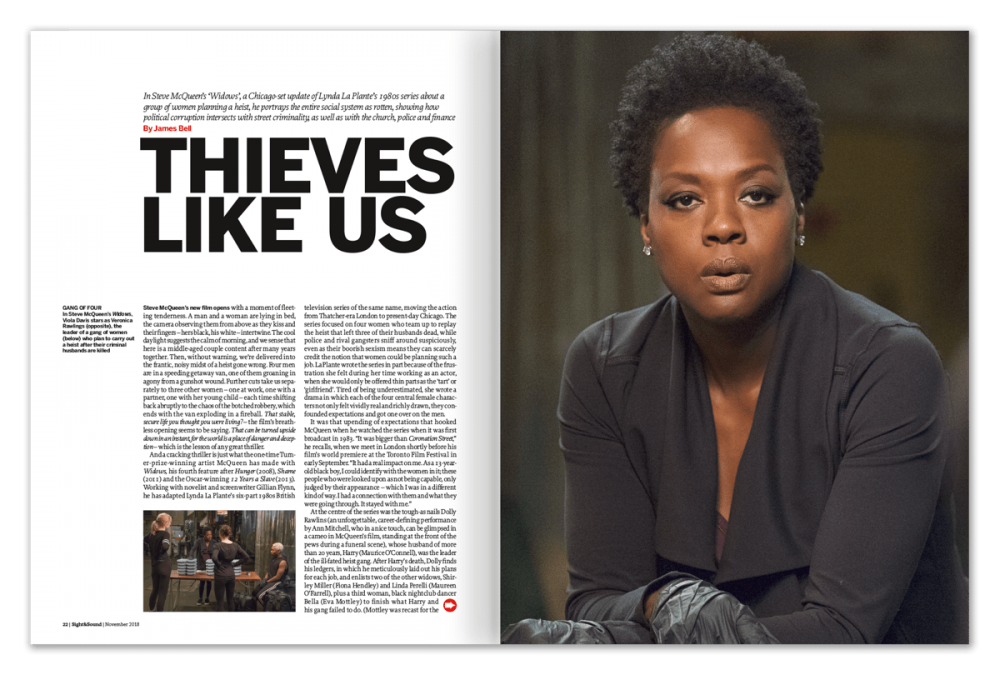
Thieves like us
In Steve McQueen’s Widows, a Chicago-set update of Lynda La Plante’s 1980s series about a group of women planning a heist, he portrays the entire social system as rotten, showing how political corruption intersects with street criminality, as well as with the church, police and finance. By James Bell.
-
Sight & Sound: the November 2018 issue

Steve McQueen brings Widows into the now; plus Mandy, The Other Side of the Wind, Shirkers and the French fantastique.
-
The Digital Edition and Archive quick link
Log in here to your digital edition and archive subscription, take a look at the packages on offer and buy a subscription.




